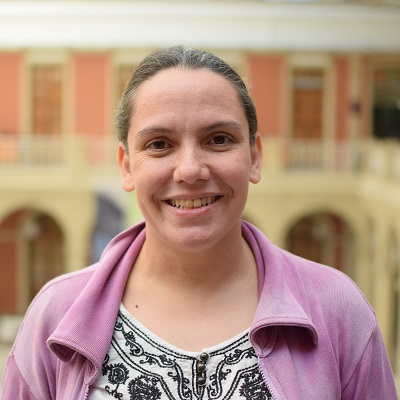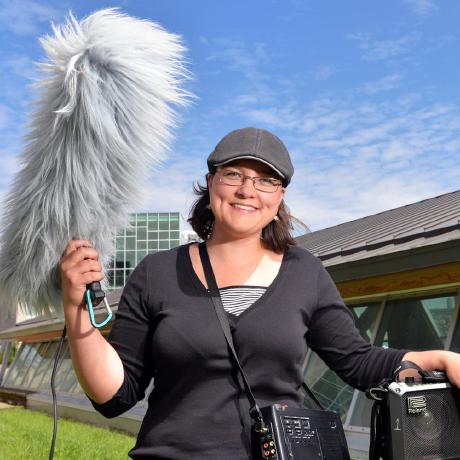All posts (Page 85 of 129)
🔗
Introduction
I never thought that I’d be programming software in my career. I started using R a little over 2 years now and it’s been one of the most important decisions in my career. Secluded in a small academic office with no one to discuss/interact about my new hobby, I started searching the web for tutorials and packages. After getting to know how amazing and nurturing the R community is, it made me want to become a data scientist. So I set out to do it. Throughout the journey I repeatedly found myself using the European Social Survey (ESS from now on), a really neat dataset that collects information on attitudes, beliefs and behaviour patterns of diverse populations in more than thirty European nations since 2002.
...Have you ever needed to connect to a remote server over SSH to transfer files via SCP or to setup a secure tunnel, and wished you could do so from R itself? The new rOpenSci ssh package provides a native ssh client in R allows you to do that and even more, like running a command or script on the host while streaming stdout and stderr directly to the client. The package is based on libssh, a powerful C library implementing the SSH protocol....
For the fourth and last day of project recaps from this year’s unconf, here is an overview of the next five projects. (Full set of project recaps: recap 1, recap 2, recap 3, recap 4.)
In the spirit of exploration and experimentation at rOpenSci unconferences, these projects are not necessarily finished products or in scope for rOpenSci packages.
🔗
umapr
Summary: umapr wraps the Python implementation of UMAP to make the algorithm accessible from within R, leveraging reticulate to interface with Python. Uniform Manifold Approximation and Projection (UMAP) is a non-linear dimensionality reduction algorithm. It is similar to t-SNE but computationally more efficient.
 ZgotmplZ
ZgotmplZ style=" object-fit: cover; object-position: center; height: 250px; width: 250px; margin-right: 15px"
/>
<p>
<em>Dr. Julia Silge [@juliasilge on Twitter] is a data scientist at Stack Overflow. We talked about why R brings Julia joy, her path to a career in data science and what it was like to co-write a book for O’Reilly Media. This interview occurred on February 3, 2018 at the RStudio Conference in San Diego.</em>
</p>
</figure>
</div>
KO: What is your name, job title, and how long have you been using R?
...For day 3 of project recaps from this year’s unconf, here is an overview of the next five projects. Stay tuned for the last recap tomorrow. (Full set of project recaps: recap 1, recap 2, recap 3, recap 4.)
In the spirit of exploration and experimentation at rOpenSci unconferences, these projects are not necessarily finished products or in scope for rOpenSci packages.
Let’s dive into today’s 5 projects in focus!
🔗
jobstatus





